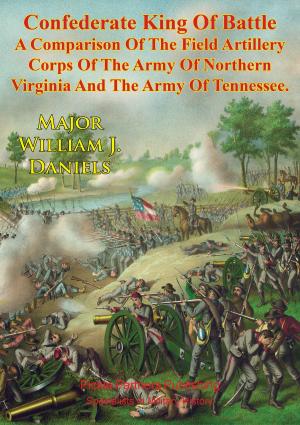Confederate Delaying Action At The Battle Of Port Gibson, 1 May 1863
Nonfiction, History, Modern, 19th Century, Americas, United States, Civil War Period (1850-1877), Military| Author: | Major George E. Cone Jr. | ISBN: | 9781786252708 |
| Publisher: | Golden Springs Publishing | Publication: | November 6, 2015 |
| Imprint: | Golden Springs Publishing | Language: | English |
| Author: | Major George E. Cone Jr. |
| ISBN: | 9781786252708 |
| Publisher: | Golden Springs Publishing |
| Publication: | November 6, 2015 |
| Imprint: | Golden Springs Publishing |
| Language: | English |
This study is a historical analysis of Confederate Major General John S. Bowen’s delaying action during the Battle of Port Gibson. This research looks at how a numerically inferior force can successfully delay a numerically superior force. This American Civil War battle during the Vicksburg Campaign pitted Bowen’s diminutive forces against the numerically superior Union forces under Major General Ulysses S. Grant. The resulting delaying action on 1 May 1863 is referred to as the Battle of Port Gibson.
This successful Confederate delaying action has been overlooked in many historical contexts. Most historians emphasize Grant’s audacity in conducting an amphibious operation south of Vicksburg, Mississippi. The Confederate perspective is often referred to as a gamble. Yet, against the odds, Bowen masterfully deployed his numerically inferior force to delay a Union force four times larger. Bowen’s forces effectively utilized the terrain to buy precious time for the arrival of additional reinforcements from the Vicksburg garrison. Bowen welded his composite division into a formidable fighting force. Confederate battle tactics were characterized by a strong sense of urgency and superb leadership. Bowen yielded to superior Union forces after a protracted day of bitter fighting.
This study is a historical analysis of Confederate Major General John S. Bowen’s delaying action during the Battle of Port Gibson. This research looks at how a numerically inferior force can successfully delay a numerically superior force. This American Civil War battle during the Vicksburg Campaign pitted Bowen’s diminutive forces against the numerically superior Union forces under Major General Ulysses S. Grant. The resulting delaying action on 1 May 1863 is referred to as the Battle of Port Gibson.
This successful Confederate delaying action has been overlooked in many historical contexts. Most historians emphasize Grant’s audacity in conducting an amphibious operation south of Vicksburg, Mississippi. The Confederate perspective is often referred to as a gamble. Yet, against the odds, Bowen masterfully deployed his numerically inferior force to delay a Union force four times larger. Bowen’s forces effectively utilized the terrain to buy precious time for the arrival of additional reinforcements from the Vicksburg garrison. Bowen welded his composite division into a formidable fighting force. Confederate battle tactics were characterized by a strong sense of urgency and superb leadership. Bowen yielded to superior Union forces after a protracted day of bitter fighting.

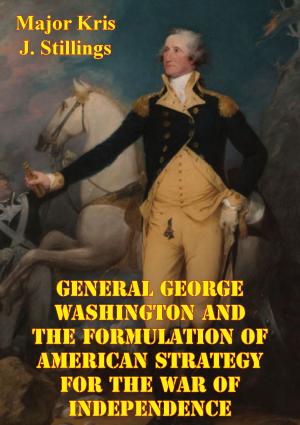
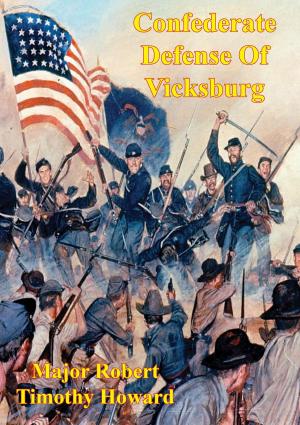

![Cover of the book Recollections Of A Confederate Staff Officer [Illustrated Edition] by Major George E. Cone Jr.](https://www.kuoky.com/images/2014/august/300x300/9781782895299-wepu_300x.jpg)
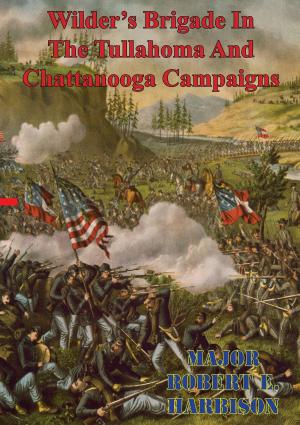
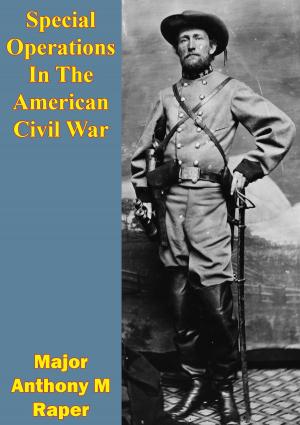
![Cover of the book Rails To Oblivion: The Decline Of Confederate Railroads In The Civil War [Illustrated Edition] by Major George E. Cone Jr.](https://www.kuoky.com/images/2014/august/300x300/9781782895701-yNx1_300x.jpg)


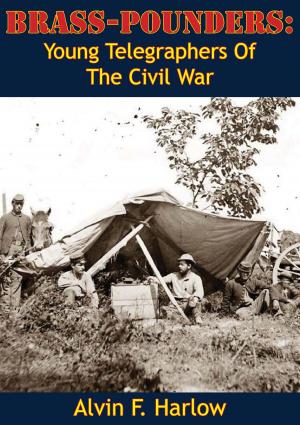

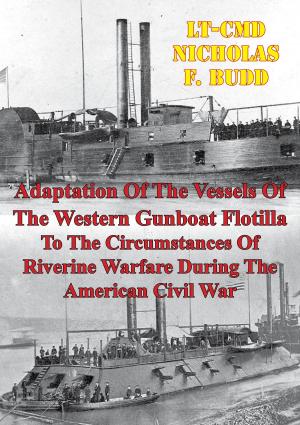
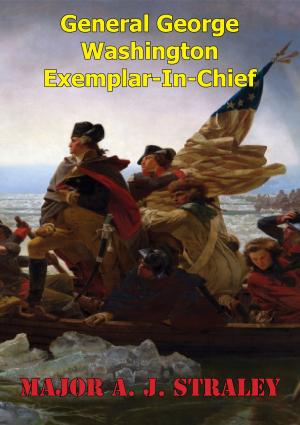
![Cover of the book Ordeal By Fire: An Informal History Of The Civil War [Illustrated Edition] by Major George E. Cone Jr.](https://www.kuoky.com/images/2016/january/300x300/9781786257789-EzyU_300x.jpg)
